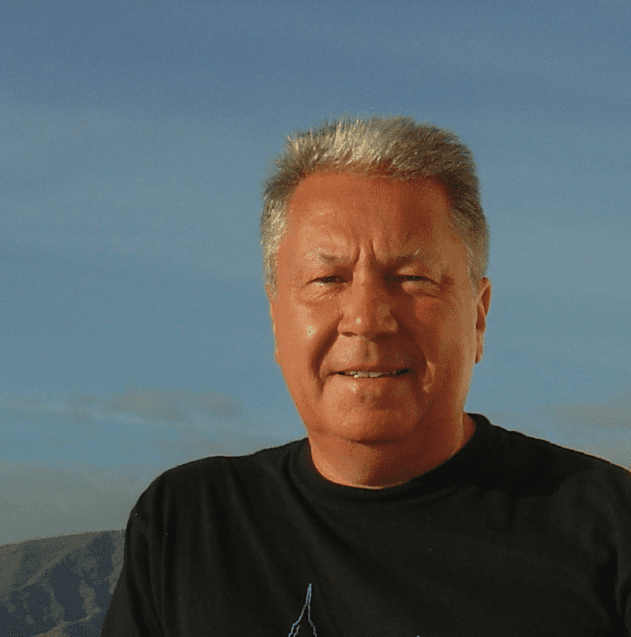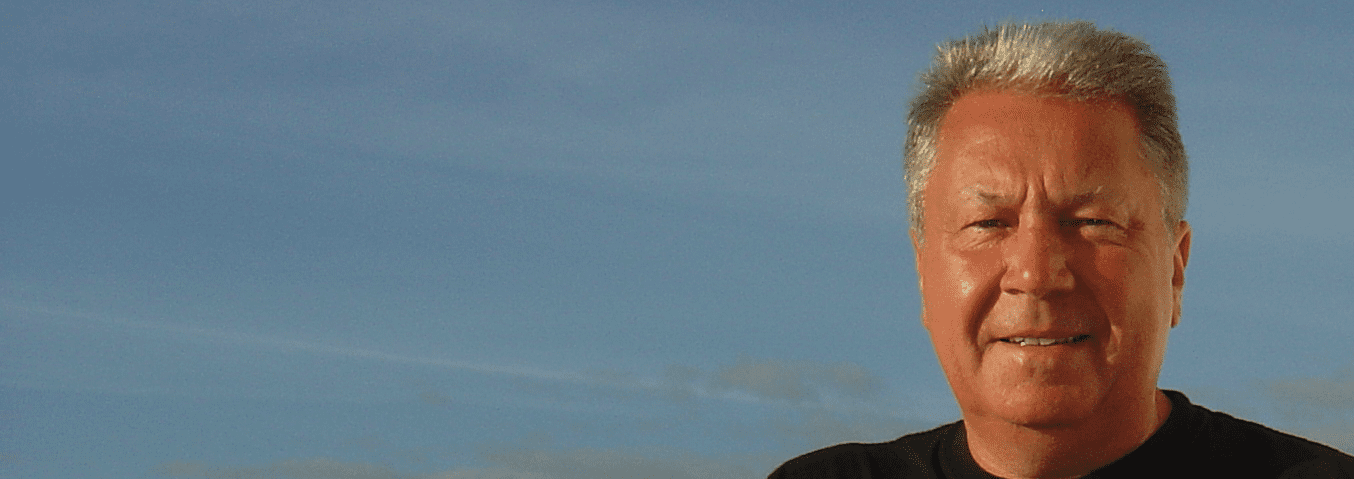Despite numerous predictions of the format’s imminent extinction, vinyl sales have risen over recent years. Accordingly, demand for vinyl mastering and cutting engineers has been bolstered. But is it really still possible to make a career as a vinyl specialist? Jacko Adams – one of Britain’s foremost vinyl specialists – explains all.

Name
Jack ‘Jacko’ Adams
Job
Digital mastering and vinyl cutting engineer.
Place of work
I’m freelance but I mostly work at Alchemy in London and Optimum in Bristol.
How long have you had the job?
Since ’78.
Describe a typical day
A typical day can involve cutting dubplates for my dubstep and hip hop clients, cutting 7-inch, 10-inch and 12-inch lacquers for the far east, Europe and the Americas or an album of chamber music, or maybe jazz.
I check my diary on the train first thing to make sure nothing’s changed since the previous evening. Upon arrival at the studio I check all the files that I’ll be using for clean starts, ends and possible corruption. If there are problematic tracks you have to get emails off to clients as soon as possible. Many clients are in different time zones, and you may only have a finite amount of studio time to complete all the sessions.
Next I make a plan for artistic periods – EQing, editing and gapping – and also allow time for running parts. That could be CD masters, uploads, dubplates or lacquers.
Many clients know my sound and don’t need to approve EQs before cutting parts, but some still like to have an input which means sending them files for approval, so I’ll always take care of those projects first. I don’t like to be EQing after 6pm. Tired ears lead to over EQd program. We’ve all woken up and listened to a mix we finished at three in the morning and thought, ‘Why?!’
I’ll finish day one of a two day gig by about 10pm and head back to the hotel for a small sherry, then I’m up early the next morning for a run before starting day two.
Is it possible to make a living solely from specialising in vinyl any more?
I don’t think it’s possible to just cut plates and lacquers to make a living. I also do lots of digital mastering these days.
How good is the demand for your vinyl work?
It goes in peaks and troughs, but it’s really healthy at the moment. Last month I spent two full days doing all the possible permutations of vinyl formats!
Highs of the job?
Being musically creative and meeting artistic geniuses.
Lows of the job?
There ain’t none. I’m the luckiest man alive!
WHO ARE THE PEOPLE WHO’VE HAD THE BIGGEST INFLUENCE ON YOUR CAREER AND WHY?
My brother Ralph, a fantastic cutting engineer who taught me everything I know.
He changed my life when he brought me home an acetate of a record he’d cut that day, ‘Let’s Hang On’ by Frankie Valli and the Four Seasons. It was 1965 and the catalogue number was BF 1439. He took me up to Philips Studios, where he was tape-opping in the evenings, to meet Uncle Frankie Vaughan and Uncle Harry Secombe. I was hooked!
How did you get into mastering?
When I left school in ’72 I started at the Phonodisc record plant as a tape librarian, storing and distributing 1/4-inch and 2-inch master tapes and test pressings to Polydor and Phonogram Records
and recording studios. I used to hand write 32 letters every month to the central London studios begging for a tape-op gig, and eventually Command Studios, who were in administration at the time, interviewed me and gave me a start. I made so many contacts in the months I spent there that I never looked back.
How would we get a job like yours?
You can’t get my job!
